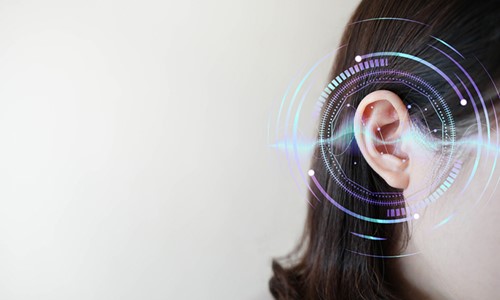
The world has become a noisier place. Apart from creating long-term hearing loss, high sensitivity to noise can actually be fatal, if you consider that noise pollution has caused 12,000 premature deaths and 48,000 new cases of ischaemic heart disease in a year (according to the European Environment Agency).
Sounds that go above 65 decibels is defined as ‘noise’ by the World Health Organization (WHO). So it can in turn, harm your ears when it exceeds a maximum of 75 decibels causing permanent damage or ear pain beyond 120 decibels! According to the WHO, 1.1 billion people between the ages of 12 and 35 are prone to the risk of hearing loss due to loud noise.
Luckily, the UAE, compared to most cities have a reduced level of noise pollution. The alarming news however, is that the level of paediatric hearing loss among young people are on the rise, given their prolonged exposure to loud music, according to experts.
The negative impact of hearing loss on our lifestyle can be severe. Hearing disorders can affect everyone from academic performance and social interactions with friends, to career opportunities. What’s worse is that there’s a direct and proven link to a rise in anxiety levels, mental health and depression. All of which simply means you can’t ignore hearing loss.

How do you define hearing loss?
Hearing loss, also referred to as deafness or conductive hearing loss, occurs when you start experiencing the loss of sound, either partially or fully in one or both of your ears. According to proven research, 25 percent of people between 65 and 74 years of age, start to gradually experience it.
They are generally caused by a variety of reasons such as a family history of hearing disorders that are passed on through genes, ageing that causes the functioning of the auditory system to weaken, constant exposure to blaring loud noise such as bustling, loud city environments, ear infections or meningitis, and drugs with extremely severe side effects that are harmful to our auditory nerves.
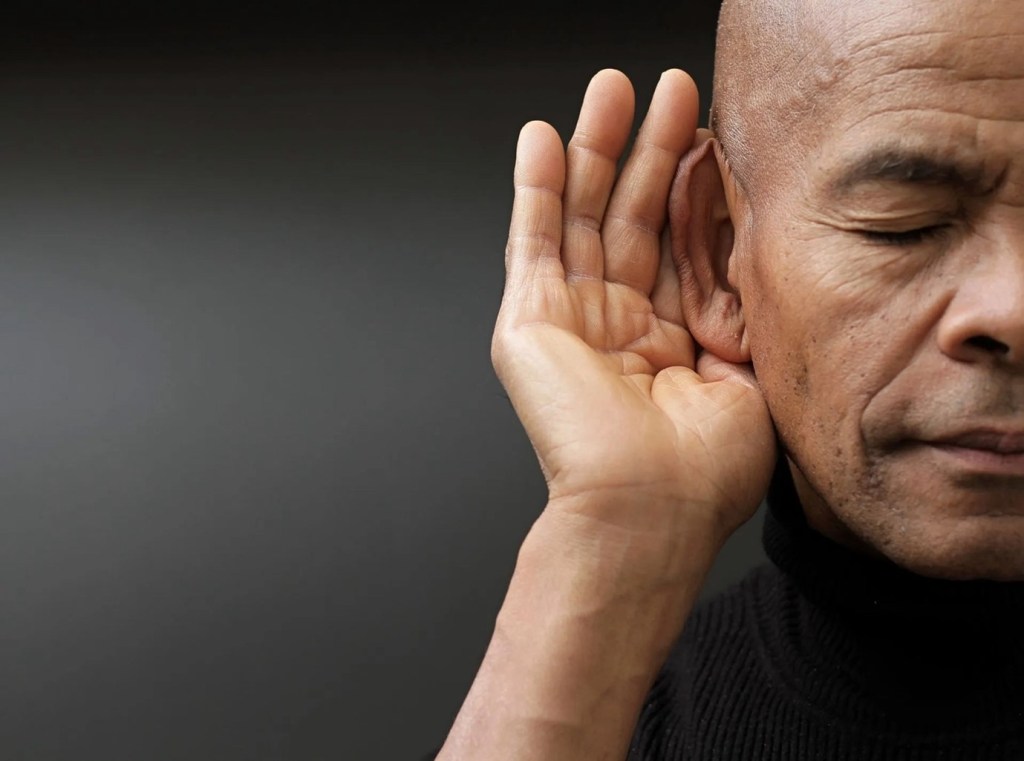
3 common hearing disorders in the UAE
In the UAE, some of the most common hearing disorders include sensorineural hearing loss, conductive hearing loss, and tinnitus.
Sensorineural hearing loss, most commonly found in the UAE is caused by damage to the inner ear or the nerve pathways from the inner ear to the brain.
Conductive hearing loss occurs when sounds are not efficiently passed on through the outer ear canal to the eardrum and the tiny bones of the middle ear.
Tinnitus is generally the outcome of ear disorders with its own set of symptoms
Ear disorder symptoms:
The earlier you look out for the first symptoms of a hearing disorder, the better your chances of getting it treated with the help of our ENT specialists at HealthHub Clinics.
Here are a few of the early warning signs you need to look out for:
- Slight disorientation and difficult in understanding what someone is saying in slightly noisy environments such as the office or at a mall.
- Not catching up to voice delivery speed. When you ask someone to repeat themselves or get them to speak more clearly, at a measured and slow pace, and loud.
- You might want to turn up the volume levels on the television or on radio.
- You might pull out from social conversations or avoid parties or dinners with friends due to hearing issues.
- You might be experiencing a slight ringing, buzzing, or hissing sound in the ears, known as tinnitus
Like any other effective approach, early detection and treatment is key, so if you are already experiencing these symptoms or have a family member undergoing this disorder, make sure to book an appointment with our ENT experts.
Sensorineural Hearing Loss (SNHL)
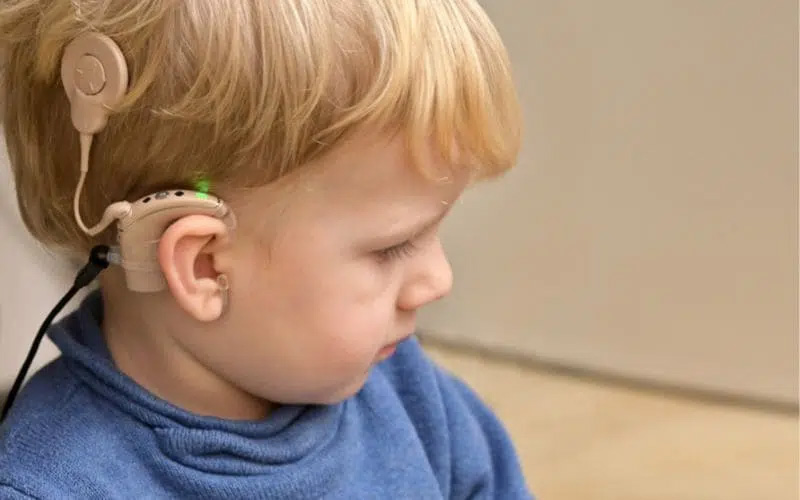
SNHL, which is usually a permanent hearing disorder, occurs when there’s a damage to your inner ear structures or in the nerve pathways to the brain, and is responsible for nearly 90% of hearing loss among older people. A person with sensorineural hearing impairment may feel that even distinct, normal, or loud sounds appear muffled and unclear.
Depending on the extent of the damage, SNHL can range from mild hearing loss to complete hearing loss. Here’s how they are classified:
- Mild hearing loss. Hearing loss between 26 to 40 decibels.
- Moderate hearing loss. Hearing loss between 41 to 55 decibels.
- Severe hearing loss. Hearing loss when it exceeds 71 decibels.
Causes of Sensorineural Hearing Loss (SNHL)
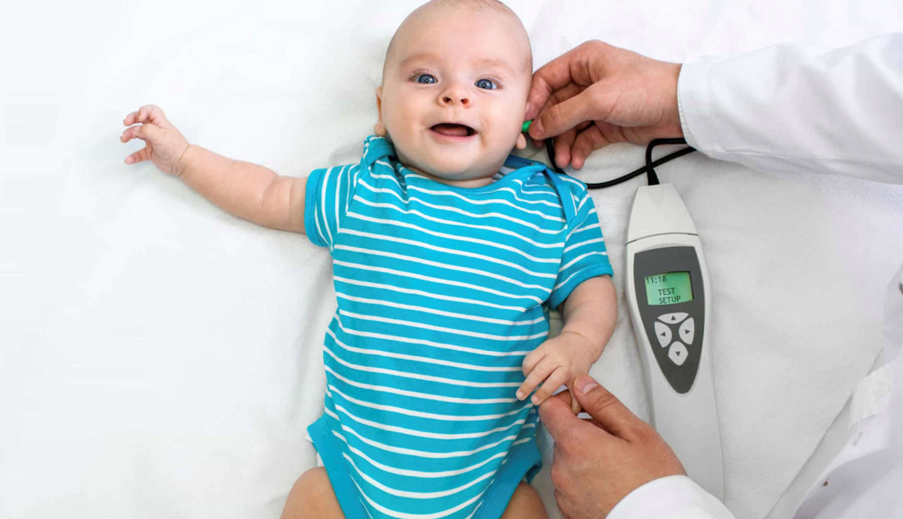
- Birth defects such as congenital hearing loss that can damage the ear’s internal structure. It affects about 1 to 3 babies in 1,000.
- Ageing and weakening of the ear muscles.
- ‘Occupational hearing hazards’, or noise-induced hearing loss namely, carpenters, rock musicians, street-repair workers, landscapers and bomb diffusing experts who are regularly exposed to loud noise.
- Sounds over 85 decibels can cause SNHL and includes loud explosions or gunshots that can leave permanent ear damage.
- Any serious internal injury to the head or skull.
- Meniere’s disease, an inner ear disorder that can affect hearing and balance.
- Acoustic neuroma, a tumor that grows on the cochlear nerve connecting the ear to the brain.
Causes of Sensorineural Hearing Loss (SSHL)
SSHL is best described as a sudden deafness or hearing loss of at least 30 decibels within 3 days, and affects nearly between 5 and 20 in 100,000 people, according to a trusted source of information. It generally damages one ear but most people notice it when they wake up first thing in the morning.
You might notice it when keeping a phone near your ear which gives off a sudden popping sound. Hence the tag ‘sudden’ sensorineural hearing loss. Most of the causes and symptoms of SSHL are very similar to SNHL.
How is SSHL diagnosed?
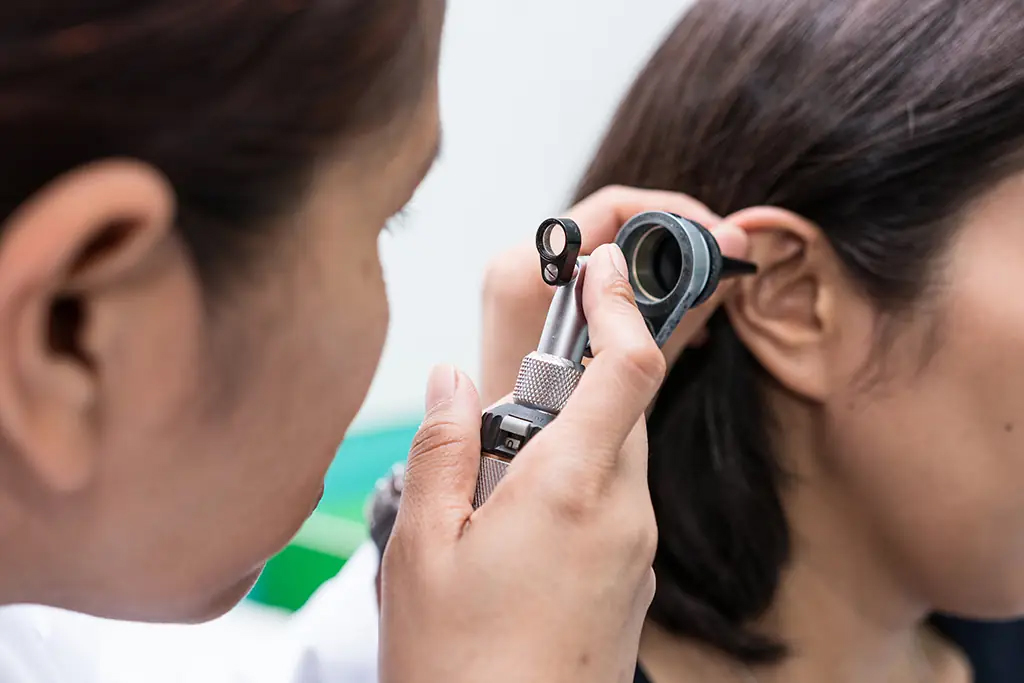
The most typical approach is when your doctor asks you to cover one ear at a time while subjecting you to a series of auditory tests at different pitches. Most tests are performed using a tuning fork to measure vibrations in the ear. Based on this test, a report is made to study patterns of vibration that reveal any inconsistency or damage to the parts of the middle ear and eardrum.
Audiometry tests help our ENT doctors to test your hearing ability using earphones, where a variety of sounds at different volume levels, depth and pitch are sent to each ear to determine the level of hearing limitations and response.
There may be other serious issues in your ear such as a tumour or cyst which can be detected by an MRI scan that takes indepth pictures of your brain and inner ear, to reveal the underlying cause of SSHL.
Diagnosing Ear Disorders Symptoms in the UAE
Diagnosing hearing disorders involves an overall approach, that focuses on hearing tests and medical examinations and would cover:
Hearing Tests
Hearing tests are the first step in diagnosing a hearing disorder. These tests vary widely, covering:
- Pure-tone audiometry: Through headphones, individuals are exposed to sounds of varying frequencies and decibel levels to determine the quietest sounds they can hear.
- Speech audiometry: This tests the person’s ability to hear and understand speech.
- Tympanometry: A technique that involves creating variations in air pressure within the ear canal to assess the functioning of the eardrum and middle ear.
- Otoacoustic Emissions (OAE) testing: OAE testing measures sound waves produced in the inner ear to assess its function.
These tests are conducted by audiologists and can help distinguish the type and degree of hearing loss.
Medical Examination
Following hearing tests, a medical examination may help dive into underlying causes of the hearing disorder and may include:
- A thorough review of the individual’s medical history or early ear infection treatments
- A physical examination focusing on the ear, head, and neck
- Blood tests to identify any infection or disease that causes hearing loss

Tips for healthy hearing:
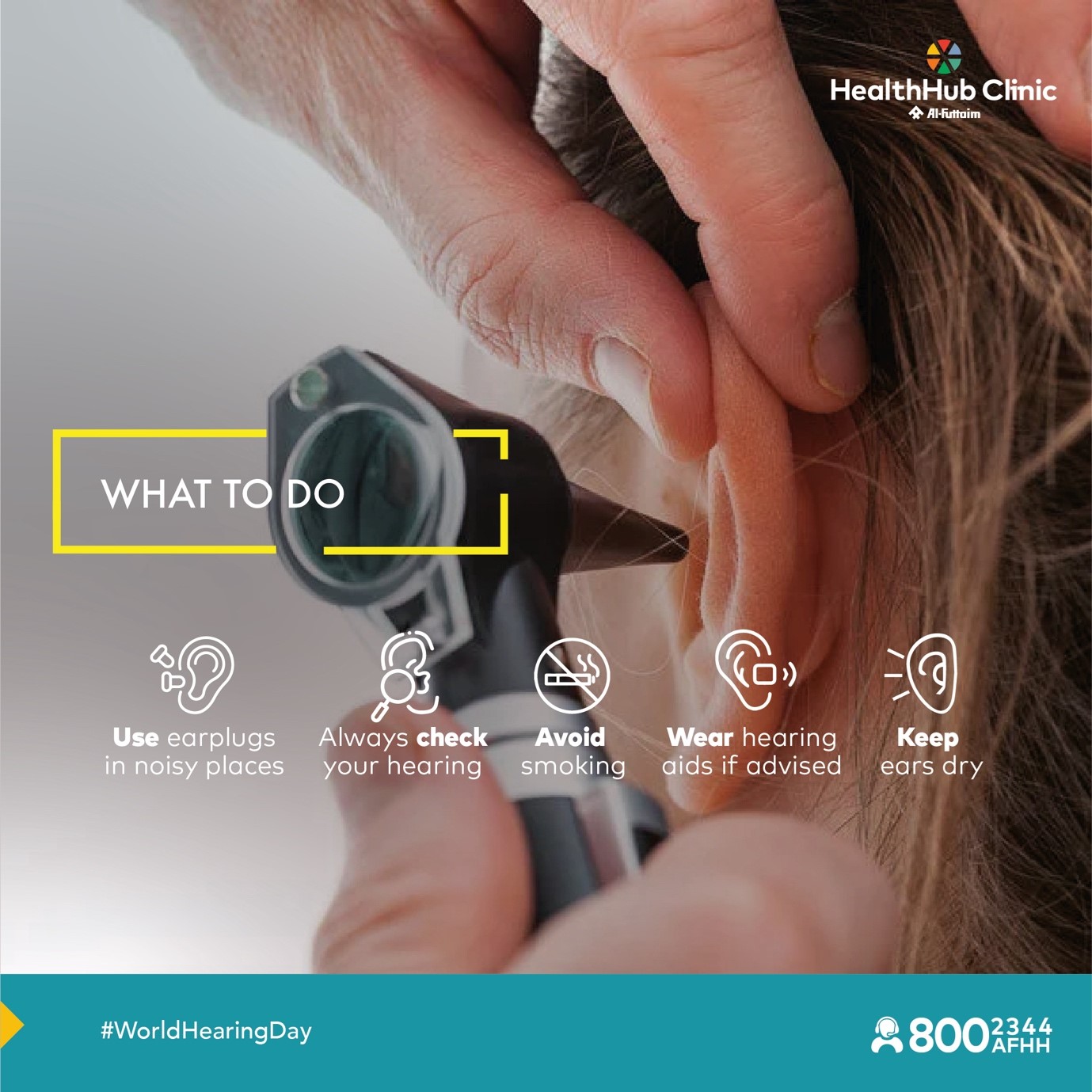
Hearing Aids
- Behind-the-Ear (BTE)
- In-the-Ear (ITE)
- In-the-Canal (ITC)
- Completely-in-Canal (CIC)
Cochlear Implants
For those with severe hearing loss, cochlear implants can be a life-changing solution. Unlike hearing aids, which amplify sounds, cochlear implants bypass the damaged parts of the ear and directly stimulate the auditory nerve. This process helps provide a sense of sound to individuals who are profoundly deaf or severely hard-of-hearing.
Getting a cochlear implant involves surgery and a period of adjustment and rehabilitation. In the UAE, specialized medical centers offer this advanced treatment option, including pre-surgery evaluation, the surgical procedure, and post-surgery therapy to help patients adapt to the implant.
Rehabilitation and Therapy
Rehabilitation plays a crucial role in the treatment of hearing disorders, especially for those who opt for cochlear implants or for children diagnosed with hearing impairments early in life. Rehabilitation and therapy programs in the UAE are designed to help individuals:
- Learn or relearn how to interpret sounds
- Develop or improve speech and language skills
- Use hearing aids or cochlear implants effectively
- Manage communication in different environments
Audiologists, speech-language therapists, and educators work together to provide personalized therapy sessions, ensuring that individuals can achieve the best possible outcome from their treatment.
Our team of doctors can recommend customised treatment options, so don’t delay. Talk to our ENT specialists or our tinnitus doctors at HealthHub Clinics to find the right solution for your hearing issues.
To know more or to book an appointment right away with any of our ear doctors, call 800 2344.








